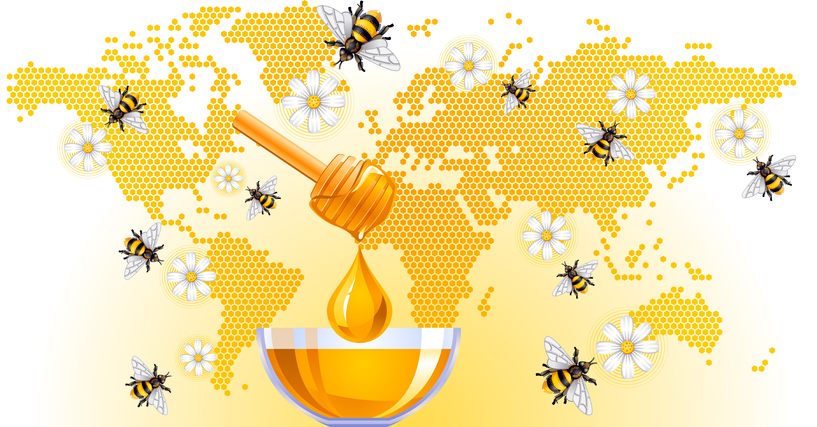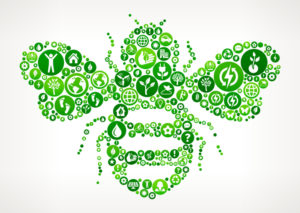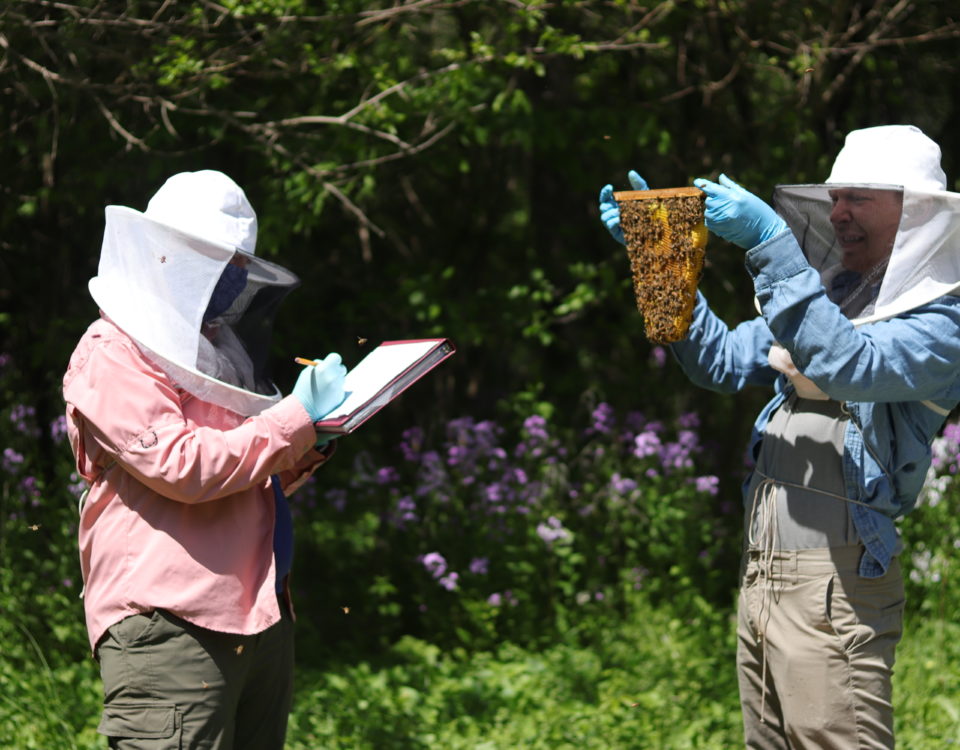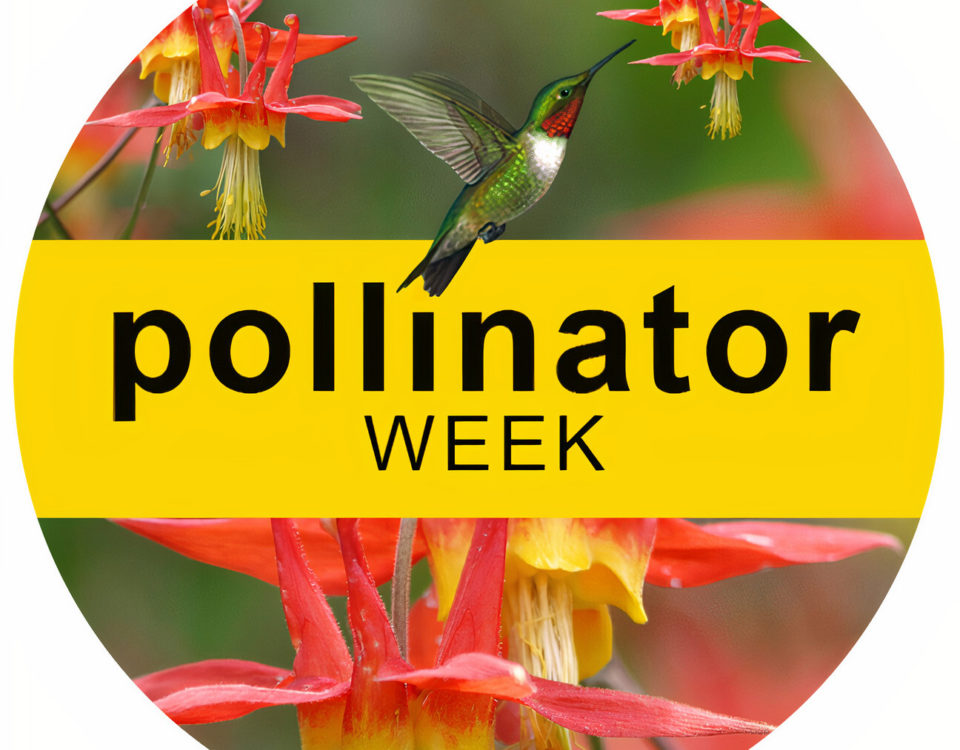- All-In-One Beekeeping for the Bees
- +1-608-728-8233
- info@beepods.com
What Bees Can Teach Us About How The World Works

“That’s not how the world works!” is a phrase we’ve all heard from time to time. And an annoying one at that. Usually it came from our parents or other adults when we, as kids, would ask for something, outlandish or otherwise. But,

how does the world work? What did our parents mean by that? Were they talking of the ways global economies trade with each other to keep commerce flowing? Or did they mean something else entirely?
Luckily, we can look at the actions of a tiny creature to help us answer all those questions. That’s right – if we look into what honey bees do, we can have a better understanding of how the world works.
Ecosystem
The world is a delicate place in both its ecosystem and economy. The two often play into each other. The third variable in this equation is people. People have a major impact on the ecosystem and the economy because we believe the planet is ours. Unfortunately for us, without our favorite pollinators, we wouldn’t have much of a planet to live on or an economy to work in.

Think about the beauty of the natural world around us. Green trees, blooming flowers, fresh air, etc… Many of the plants and trees we know and love could not survive without bees, meaning no trees for fresh air, alfalfa to feed our livestock, and no food for us. According to a report from the University of California San Diego, “honey bees are the world’s most important single species of pollinator in natural ecosystems and a key contributor to natural ecosystem functions.” These pollinators provide the Earth and its inhabitants the materials to make food and shelter.
How that works is through pollination, of course. Honey bees and other pollinators fly from flower to flower spreading pollen so that plants and seeds can germinate and create more life. More life means a thriving ecosystem where there is plenty for all the creatures who live in it. A thriving ecosystem means, you guessed it, a thriving economy.
Economy
As mentioned above, honey bees and other pollinators are key to a natural and functioning ecosystem. They help pollinate trees, crops, and other plants used to feed livestock. This in turn employs thousands of farmers across the US alone.
Not to mention the millions more who work in some way, shape, or form with the food pollinated by bees. Restaurant workers, grocery store owners, truck drivers, the list goes on. In fact, in the United States, pollinators contribute $24 billion to the economy, and over $500 billion to the global economy.

Take bees out of the equation and you’re left with corn and wheat production. While humans can survive off of this for a while, it isn’t sustainable in the long run. Health would decline, jobs would decline, the ecosystem would decline. Right now, it seems that bees are what hold the world as we know it together. Without them, there wouldn’t be much of a future to work towards.
Even though bees and other pollinators are so vital to the way the world works, there has been a steady decline in their populations due to disease, habitat destruction, pesticides, and global warming. If trends like this continue, we could lose the pollinators we need to survive. So, what can we do about it? Well, we’ll take another lesson from bees.
Working Together
Bees work together to keep their colony alive and thriving. They each have a role to play inside their hive. Some gather nectar and pollen to turn into honey, some take care of the brood, some keep the hive clean, and some protect the hive. They work together to create a sustainable life for themselves. In order to build a sustainable future not only for the bees, but for ourselves as well, we need to work together to come up with sustainable solutions for life on Earth.
That means lowering our carbon footprint by using less fossil fuels, using biodegradable materials instead of plastics, recycling and preventing waste from getting into our water. It also means we need to stop deforestation and destroying pollinator habitat. If you haven’t yet watched David Attenborough’s Netflix documentary, “Our Planet,” we highly recommend it. Attenborough discusses new farming methods and sustainable steps to help keep the world working.
Final Thoughts
So, how does the world work? Delicately, and without bees, it doesn’t work at all. If we continue living the way we do, we will not have a sustainable future for those who come after us. Bees work together so that the whole colony thrives. They don’t work for themselves as individuals – they work as a whole for their colony. If there is any important lesson we should take away from bees, it’s that the world only really works if we work together.
Monica Cull
Latest posts by Monica Cull (see all)
- How To Keep Your Bees Calm During An Inspection - June 30, 2021
- Pollinator Week: How COVID-19 And Modern Technology Have Impacted Bees - June 23, 2021
- Bee-Themed Activities You Can Do With Your Kids This Summer - June 17, 2021



